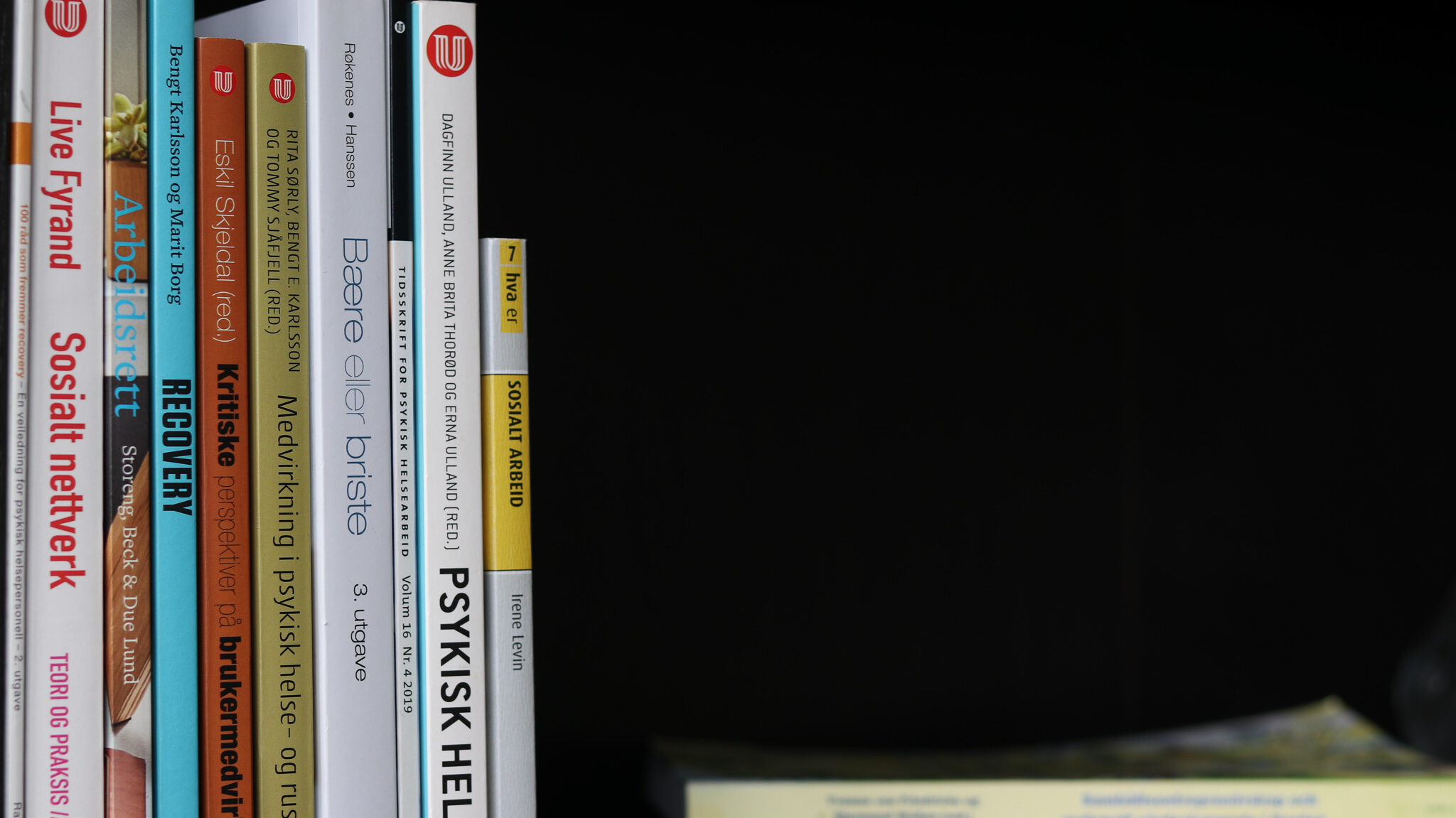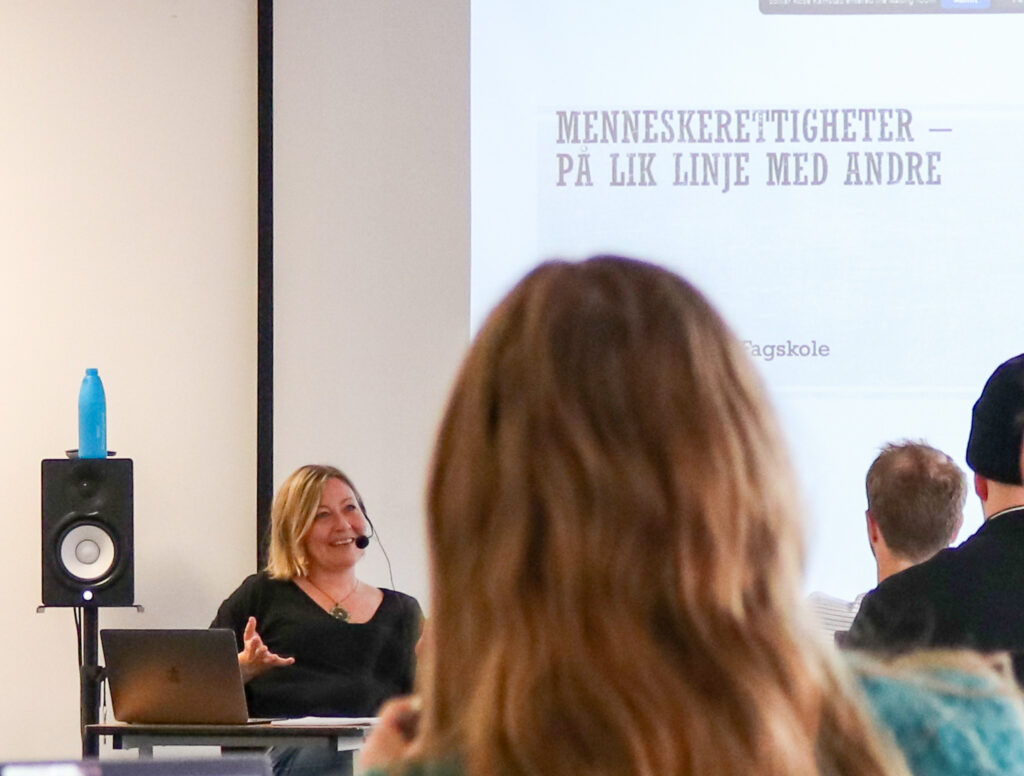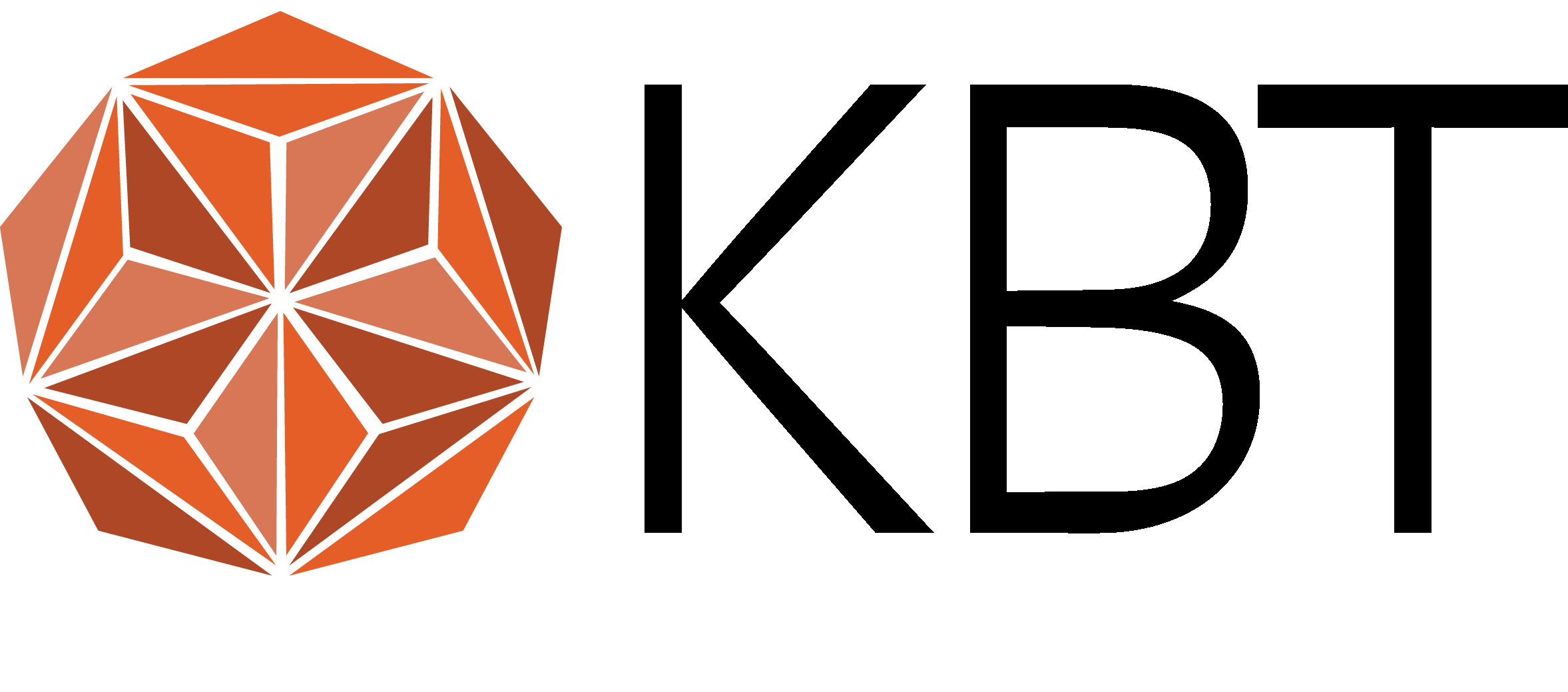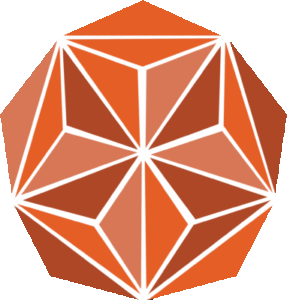Human rights on the timetable at KBT Vocational School

Future Peer support workers with knowledge about human rights
At KBT Vocational School, human rights are one of the many topics covered in teaching. A while ago KBT and KBT Vocational School had a visit from Mette Ellingsdalen from WSO (We Shall Overcome). She gave a lecture on human rights for the students, and spoke, among other things, about the use of coercion in mental health care. After the lecture, we had a small email interview with Mette, which you can read below.
Important to know the facts about human rights
In the history of the world, there have been many injustices against people based on various arguments. In 1946, the UN began work on creating a Universal Declaration of Human Rights. Although human rights are universal, and something most of us are familiar with, it happens that Norwegian instances are also convicted of human rights violations. For example, in November we could read about a new judgment against the state, after three inmates in Bergen prison had been violated. Perhaps it is extra important that people who work in health and social services have human rights under their skin?
Interview with Ellingsdalen
(Translated from Norwegian, some questions are skipped in the English version)
Why is it important that Peer Support Workers have knowledge of human rights?
– Everyone who works in mental health services, not just the Peer Support Workers, should have knowledge of human rights, but that is not the case today. Knowledge of human rights is important for the Peer Support Worker to be able to contribute in a good way, whether it is in service development or in direct contact with people. If you do not have knowledge of what human rights mean, it is difficult to recognize when they are violated, and to know what is needed to strengthen and respect them.
What do you think is the biggest challenge in the mental health and substance abuse field when it comes to human rights?
The simple answer to that is the use of coercion, and especially coercive treatment. That is because it is such a serious interference with a person’s autonomy and physical and psychological integrity, which has very big consequences for the person who is exposed to it. These are interventions with a high risk of causing damage, and this means that it is extra important to have protection in human rights. Coercion in mental health care violates basic rights that most other citizens in Norway take for granted.
Then it is also the case that human rights are about much more than not using coercion. Most people will recognize that how you meet and what kind of help and support you get can have a decisive impact on how it goes, and that it cannot be reduced to just a question of coercion or no coercion. Good, easily accessible help at the right time can prevent human rights violations.
Often completely different things can be at least as important or more important than treatment, such as a safe place to live, finances, protection against violence and abuse, belonging in society, etc. WSO argues for building up human rights-based services, and non-discrimination, inclusion in society, the right to participation, strengthening and developing opportunities for self-determination and autonomy is central, and of course that the services should not be coercive. Recovery and person-centred services are good models for facilitating this.
Do you have any impression of the state of knowledge about human rights in the field of mental health and substance abuse? For example, among managers, employees, users/patients/participants, etc
There is generally little knowledge of human rights among those who work with mental health services, and my impression is that this applies at all levels and roles. It is not surprising, since there has been minimal focus and training on it, both in basic education and as compulsory courses in the services.
I think many people have an understanding that human rights are about something “completely different” that is not relevant to their everyday working life. CRPD – the UN convention on the rights of disabled people is relatively unknown, and there are many people, also at management and service developer level, who lack basic knowledge of what it means. It is possibly among parts of user and relative organisations/environments that there is the most knowledge, and it is perhaps not so surprising since it is there that rights are demanded and the demand for change is greatest.
In the National Strategy for increased volunteering (2012 – 2015) there were measures to train and raise awareness of human rights both among employees and in the appeals bodies, without, as far as I know, being systematically implemented or having led to results. The World Health Organization (WHO) has developed QualityRights with both training and guidance for the development of human rights-based services. If the authorities translate and use this material for training, I hope that this question can be answered a little more positively in the foreseeable future…
Referred to the previous question: What are we good at, and what can we improve in Norway?
I think one of the things we are good at in Norway is the development of mental health work in the municipalities. This is where the future lies, although as of today there is great variation both in quality and the kind of offer you get, and also in the extent to which they respect human rights. There are still many good services that are recovery-oriented and person-centred that can be built on. Norway is gaining international recognition for the development of drug-free services, although much remains to be done before it is a real option for everyone who wants it.
The big challenge is to make the good offers available also to those who struggle the most with life. People must get good voluntary help where they are, also when they need more intensive support.
We have a two-track system with municipal services and the specialist health service, which are often built on very different basic understandings and treatment philosophies. The specialist health service is still deeply rooted in the medical model where treatment of the presumed disease is at the centre, and is largely based on coercion. Other needs that are equally important for a good life, such as housing, belonging, meaning, activity etc. is de-prioritized. This leads to a group of people in great need of support, some with a decision on compulsory medication without 24-hour stay, who live very marginalized lives. Even if they live in the municipality, they may be as little included in society and with as little freedom as if they had lived in an institution.
I think it is largely about how we see people, and that we exclude someone as “the others” (whether they are defined as seriously mentally ill, drug addicts or both) who are so different from us that they do not have the same need for autonomy, self-determination, life content and meaning that “we” have. Human rights are legal rights, but they can also help us see and understand it in a different way. Rights on an equal footing with others and people on an equal footing with others.


